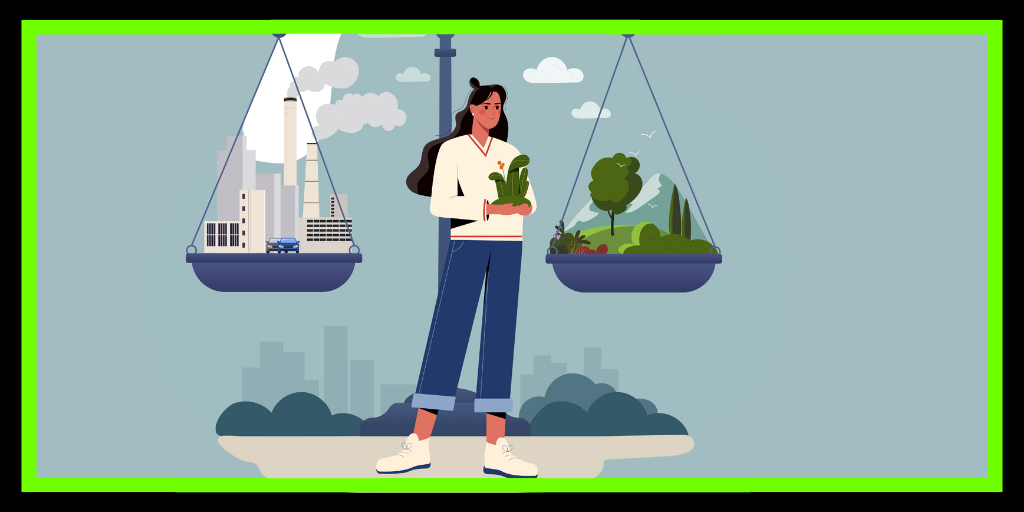Lead the way to net zero with five really simple ideas from Sustainable Development Specialist Dr Cle-Anne Gabriel at Big Ideas London 2023
Tackling climate change is indeed a global challenge, but there are many steps you can take to transition towards net zero and reduce your carbon footprint.
We all want to know more, but with so much information and so many different options, it can be overwhelming to know where procurement should start in transitioning towards net zero.

Sustainability advisor, author and public speaker Dr Cle-Anne Gabriel will be at this year’s Big Ideas Summit in London on March 9 sharing her knowledge with our community to help you make a big difference to net zero and the world.
At Big Ideas London 2023, Dr Cle-Anne Gabriel will teach you how to:
- Understand the carbon footprint across your entire supply chain: By using a concept called “provenance”, Cle Anne Gabriel will help you better understand how each individual product and unit in your supply chain adds to you overall environmental impact.
- Utilise time banking to share your skills while also ensuring you have access to the skills are resources you’re lacking: Time banking simply means that instead of trading in money, we use our time as currency. There are often skills, resources, and experience we need to solve the challenges we face, and alternatively we may have the skills, resources, and experiences to solve someone else’s challenges. Through time-banking we can source and share the skills and experiences within our networks.
- Introduce blockchain technology to account for both the direct emissions you produce in site, as well as the indirect emissions produced by your suppliers: There are companies around the world collaborating together to leverage blockchain and cloud technologies to help procurement and supply chain better understand our emissions as we increasingly move towards a globalised world.
- Have conversations around the structure of your businesses so that nature has a seat at the table: One of the largest organisations in the apparel industry, Patagonia, has announced they are giving nature a seat at the table and a share in their business. By giving the majority of shareholding in their business to a trust whose purpose is to replenish and regenerate nature environments, they too will reap the benefits. As we move towards a more sustainably-conscious procurement space, we’ll see more of this in the future.
- Start asking the questions “how much do I need to thrive?” and “how much is sufficient?”: By looking at the concept of sufficiency – we’re already starting to ask the questions; how much money do I actually need to be happy to thrive? How much is sufficient? How many days per week do I need to look to be productive?
Her expertise in climate change and environmental sustainability has seen her help companies understand their emissions baseline, set targets, and map realistic commercial pathways to achieve a low- and zero-emission future.
She has also provided advice on sustainability and decarbonisation projects in four OECD countries, including low- and zero-emission transition programs for the European Commission, AusAID, the World Bank, two national governments and multinational corporations.